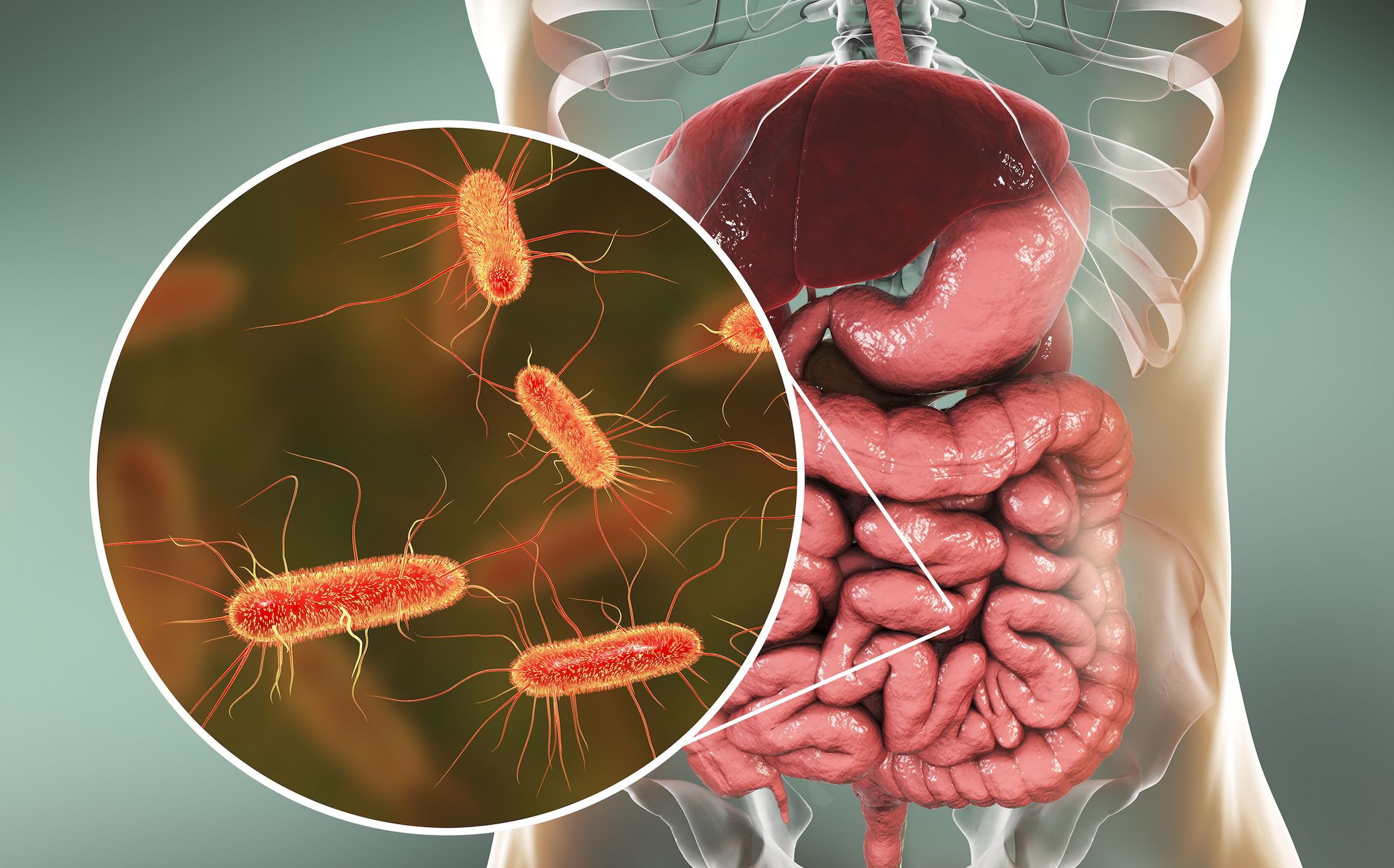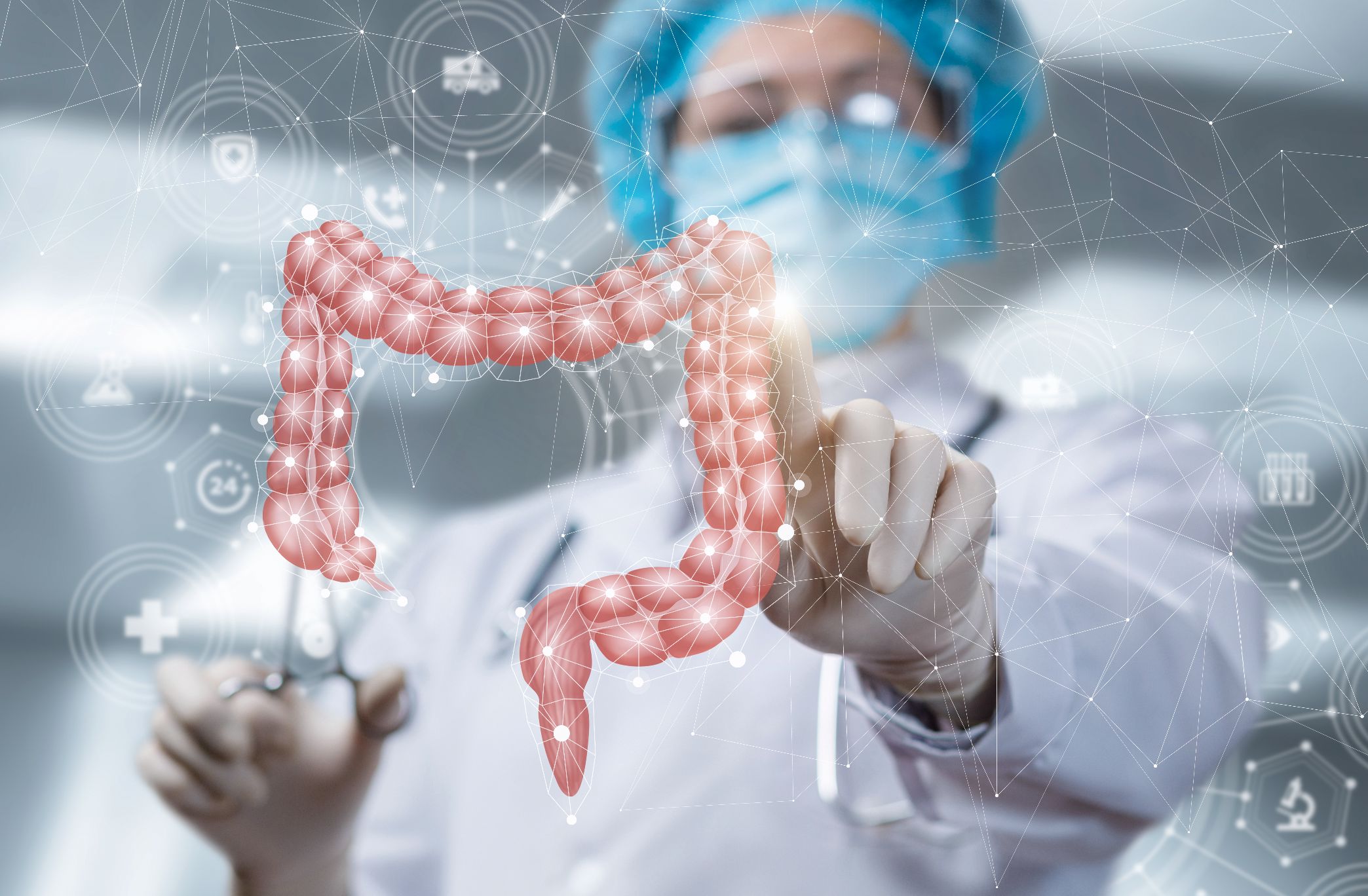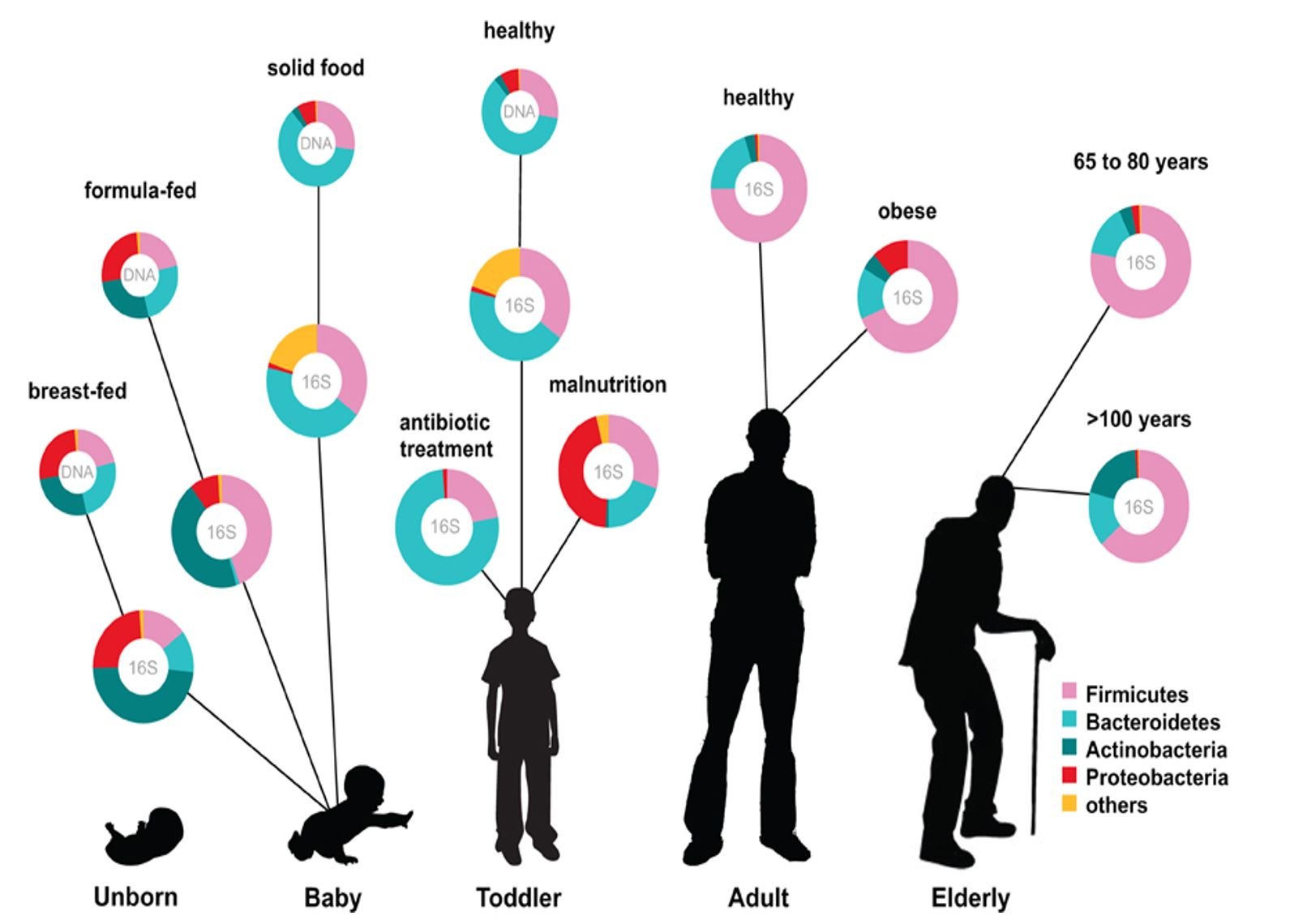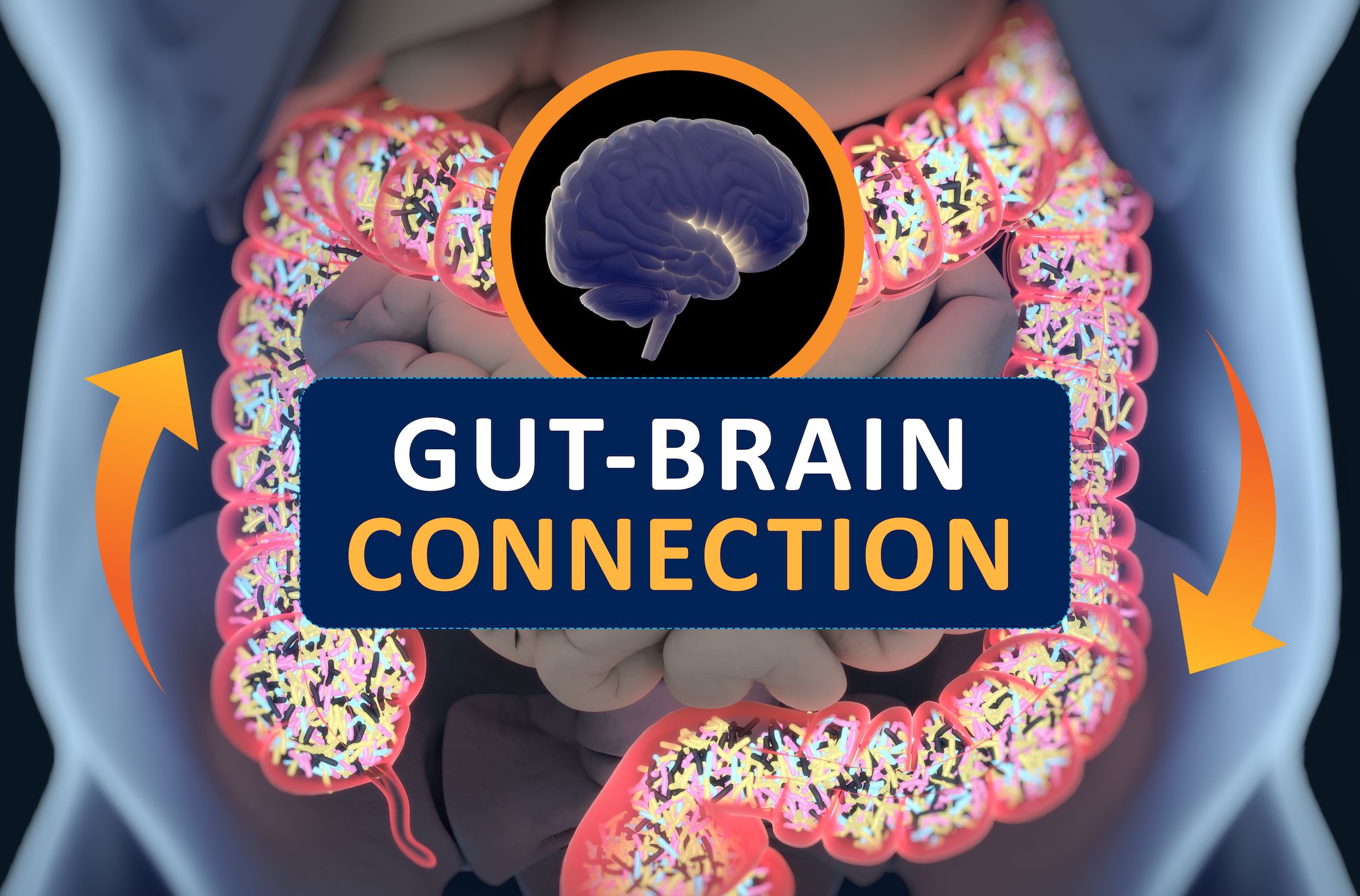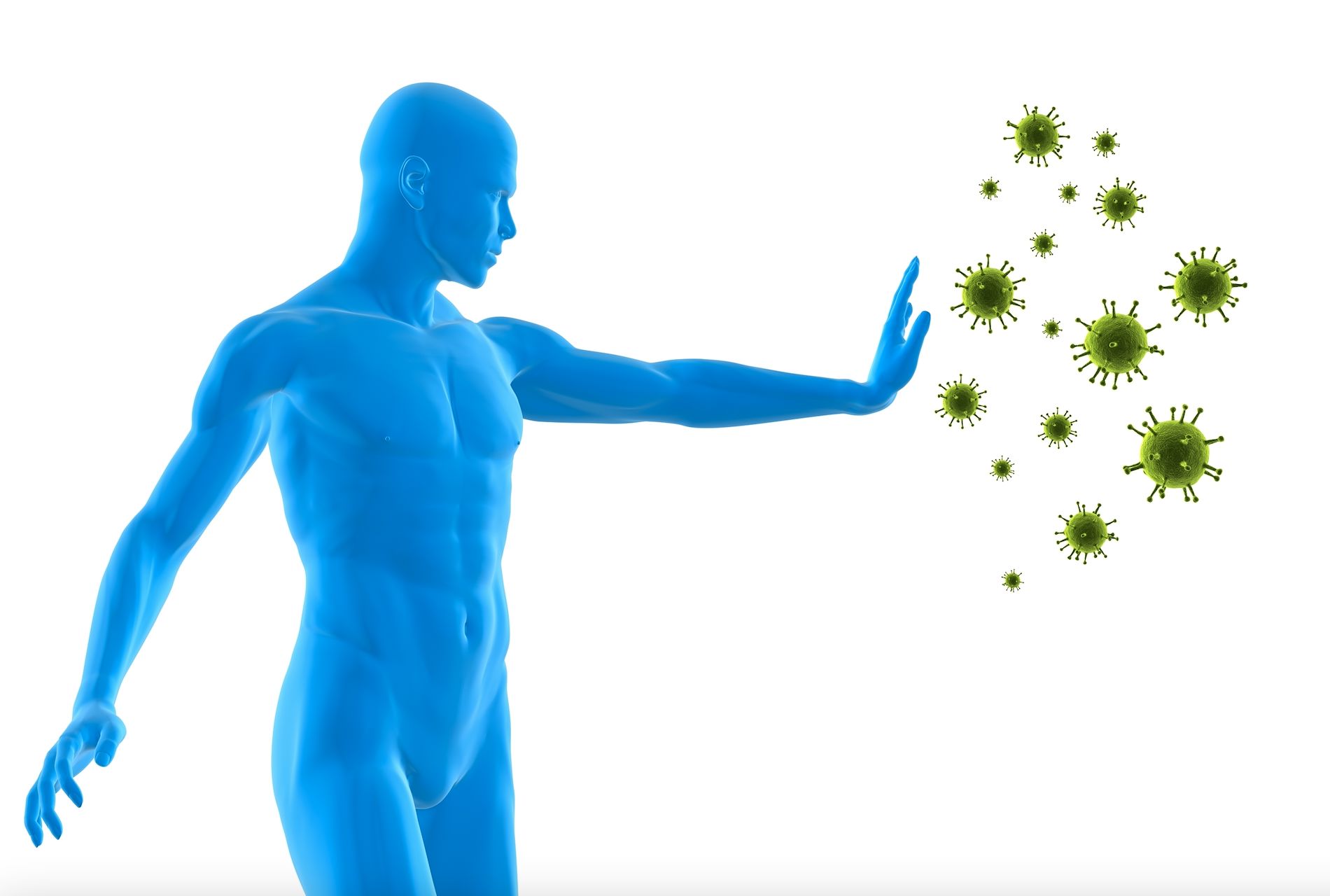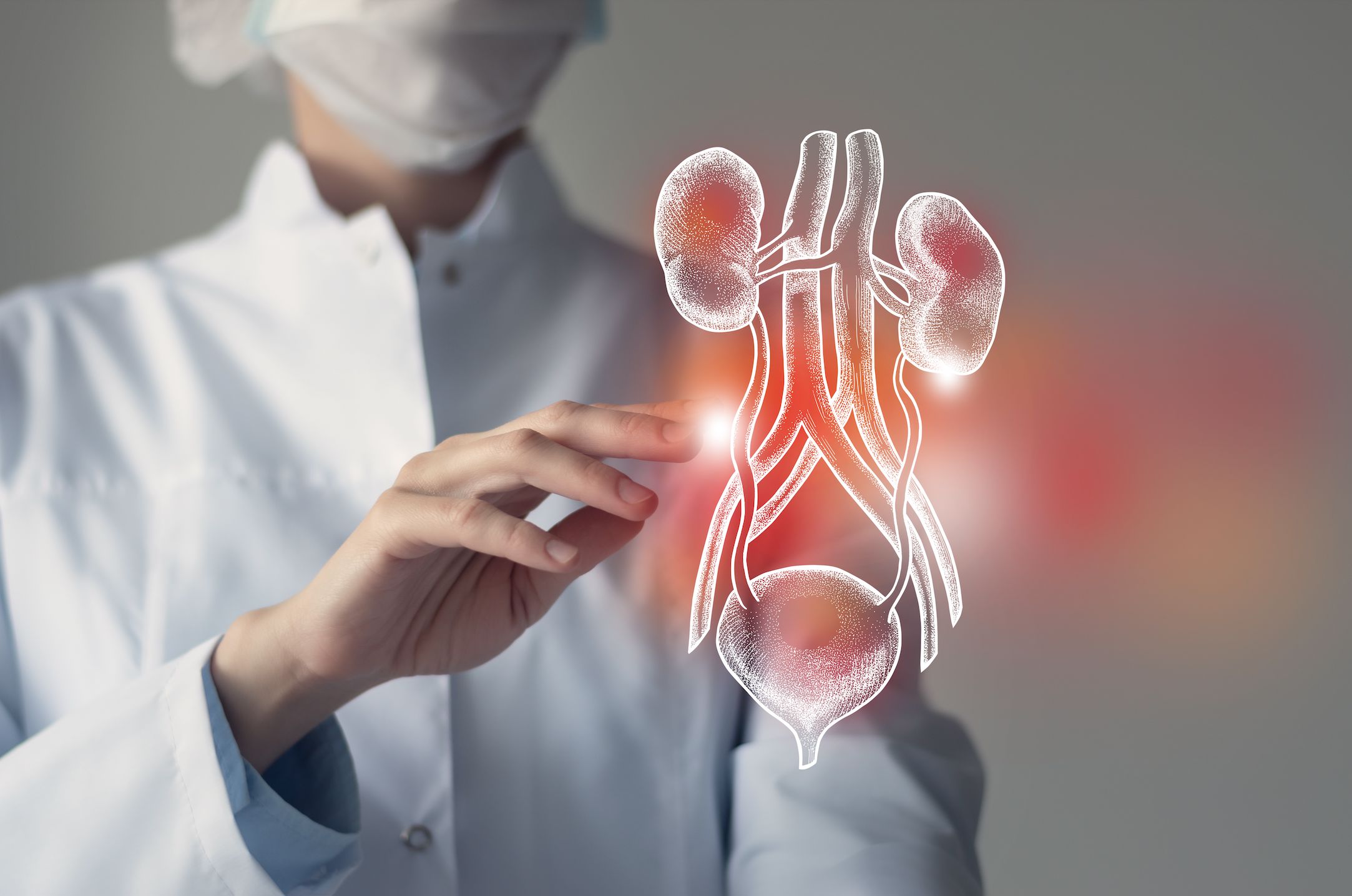The Program in Microbiome Dynamics
Mission
Define the interactions between microbes and their environments, between the microbiome and the health of the host, and the factors that maintain or promote the healthy function of these ecological systems
Over the last two decades, technological breakthroughs in molecular biology and computational sciences have enabled an unprecedented exploration of the microbial world. The vast diversity and complexity of the microbial world underpins the health of ecologies on a global scale as well as the personal scale of the ecologies within our bodies. The human gastrointestinal tract harbors trillions of bacteria—a population 10 times the number of human cells in the body and containing 350 times the genomic material. This collection of microbes comprises the human microbiome and has profound influences on immune development, health, and disease (e.g., inflammatory bowel disease, cancer, diabetes, autism, cardiovascular disease). Our expanding understanding of this vast unseen world has opened a frontier of critical questions: What constitutes a healthy microbiome? How are microbiomes built? Are there basic rules to assemble a microbiome that apply across systems? Can microbiomes be manipulated to restore health? Can microbiomes be engineered to elicit desired outcomes such as resistance to invasive species, or therapies to reverse or prevent disease? These questions address critical challenges currently facing humankind, including the microbe-based crises in health (e.g., antibiotic resistance, disease-associated perturbations of the microbiome), and are focus of our new Program.
Advancing discovery into practice
We are doing this by integrating clinical, experimental, and computational approaches to characterize the assembly, dynamic operation, functional properties, and biological effects of human microbial communities with the purpose of developing microbiome-targeting therapeutics to prevent and treat disease. PMD assets include:
- Advanced computational approaches to define and model complex interactions between the microbiota, disease, and treatment
- Translational experimental approaches to define mechanisms underlying mechanistic and metabolic interactions between microbe and host
- Demonstrated advances in discovery and engineering of novel probiotic consortia
- Experience in conducting nutritional intervention studies to modulate the human microbiome
- Established platform to perform detection and surveillance of hospital acquired infections and to characterize the spread of multi-drug resistant pathogens.
Our strategy
Operationally, the Program is uniquely positioned and focused on addressing
“Bench to bedside and back to bench” microbiome initiatives through new understanding of interactions between host and the microbiome and by uncovering novel ways of promoting healthy employment of microbiomes. The PMD therefore integrates basic and clinical research projects from early stage planning all the way through to pre-clinical investigations in animal model systems. Within this pipeline, the PMD investigators also apply and integrate a variety of experimental, computational and statistical methods to study human populations.
The Science: Current areas of focus
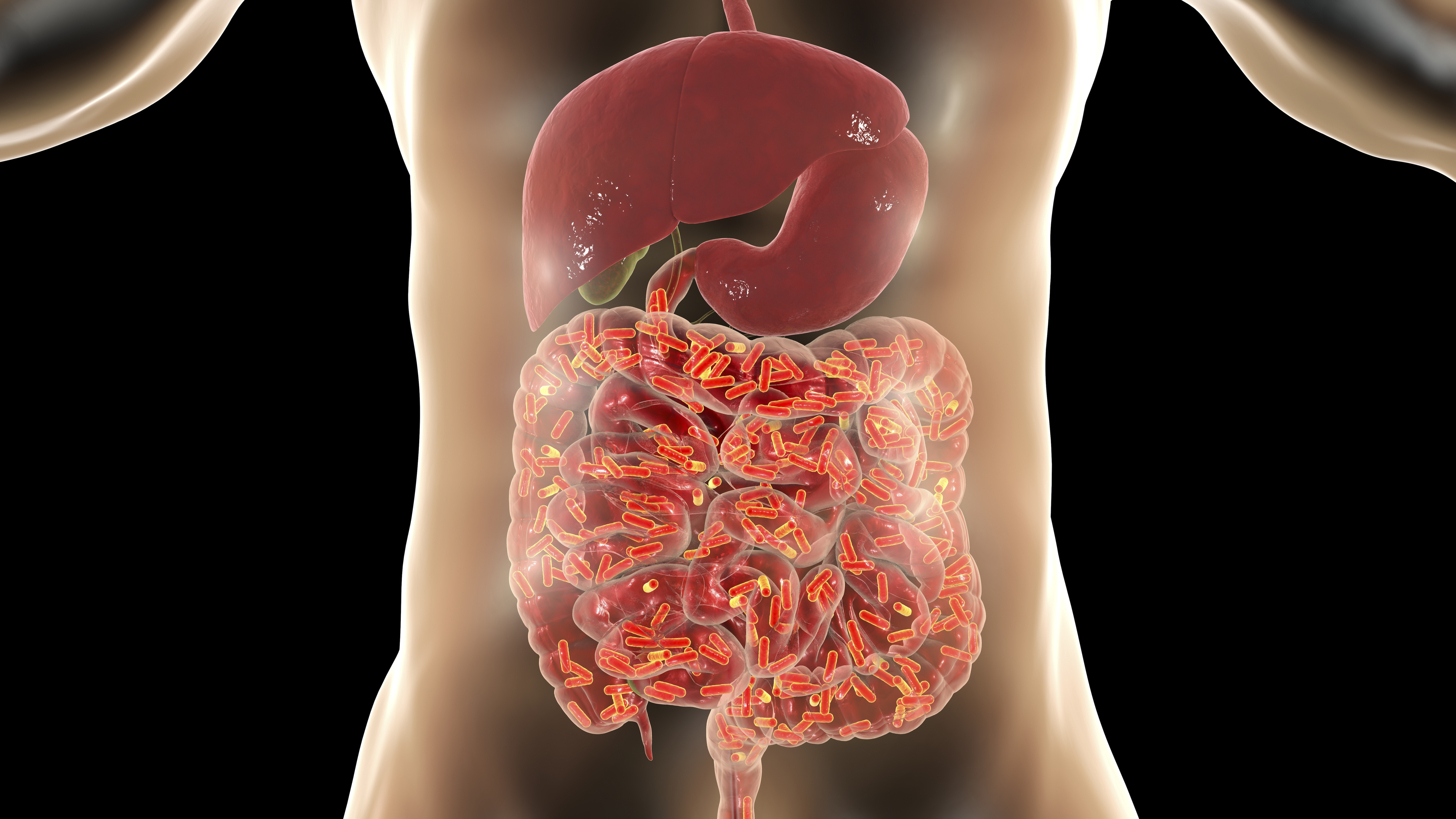 |
Learn about the Center for Microbiome Research
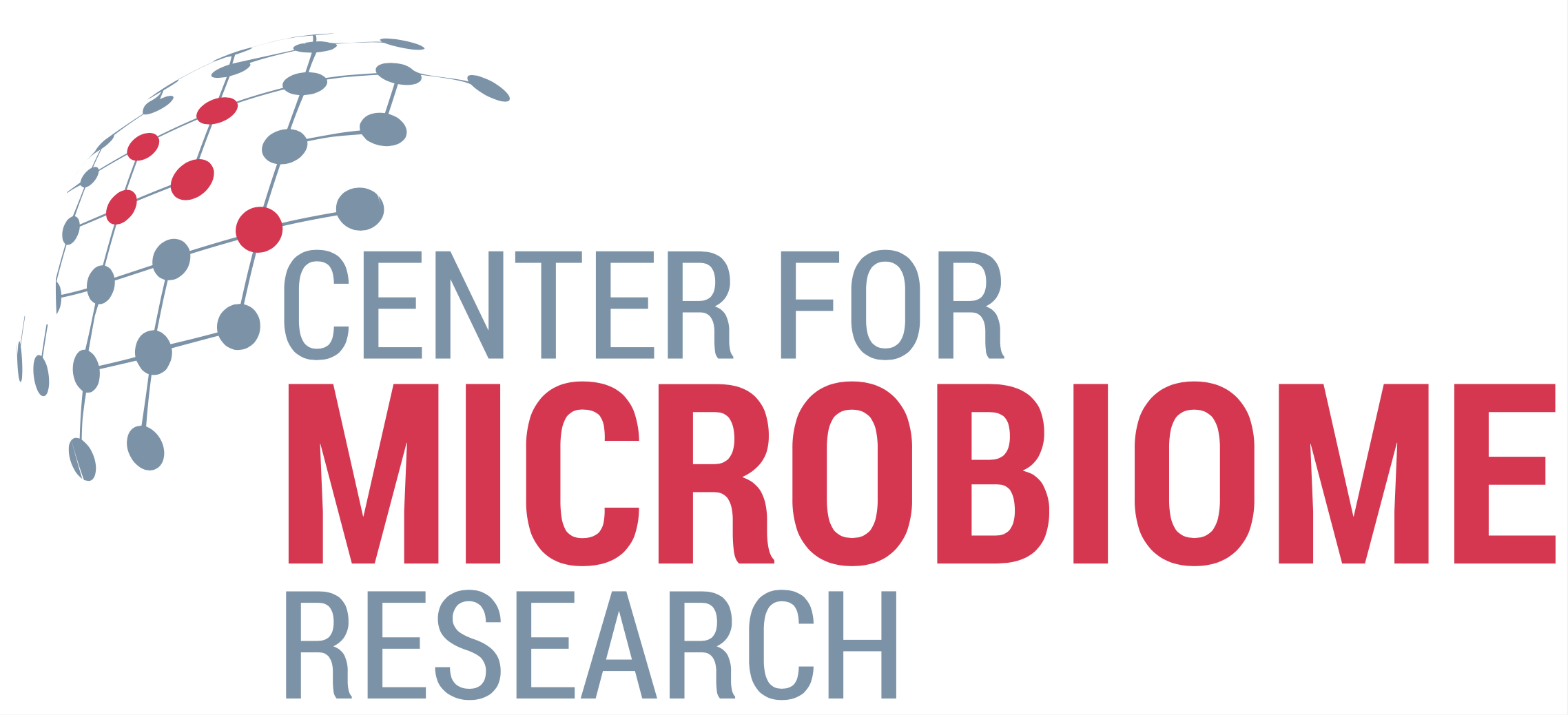
The UMass Center for Microbiome Research was created with support from the University of Massachusetts President’s Science and Technology Initiatives Fund to accelerate our understanding of how the microbes that live in and on us influence our lives, our health and our environment.
